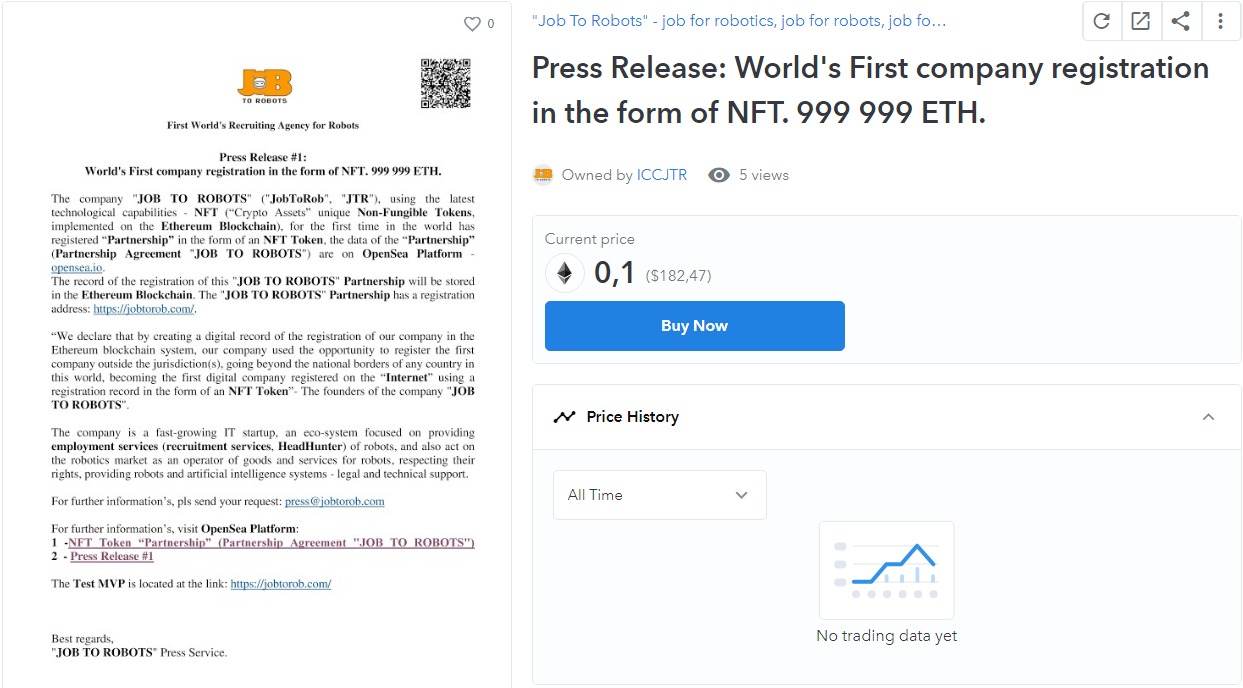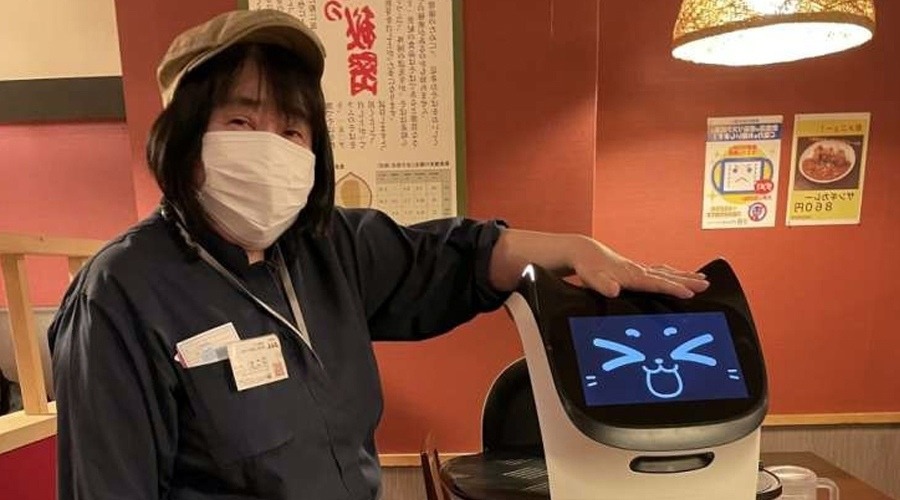In today's world, the use of robots in various industries is becoming increasingly popular. One area where robots can be particularly useful is in situations that are awkward or embarrassing for humans. A group of scientists from the UK, Singapore, Germany, and the United States conducted a survey to find out in what situations during the service people felt uncomfortable and how they dealt with the feeling of embarrassment.
The survey found that respondents felt more confident when interacting with robots in awkward situations. According to the respondents, robots do not show emotions and do not know what is socially acceptable and what is not. People were more comfortable if they were treated indifferently in awkward situations. In addition, subjects were attracted by anonymity and confidentiality when interacting with the machine.
As part of the study, the scientists conducted two experiments. The first trial involved 166 people and found that people felt less embarrassed when they interacted with the machine. Participants in the second experiment were asked to imagine that after visiting a doctor, they should buy a remedy for genital fungus from the pharmacy. People were again divided into two groups: some of the respondents imagined that they were communicating with a living pharmacist, and some with a robot. Scientists assessed the level of embarrassment of the subjects, and also asked them if the robots were capable of displaying emotions or making judgments. Participants in the study were convinced that machines are not capable of either one or the other. This also contributed to a decrease in embarrassment, scientists suggest.
The inability of robots to judge human behavior allows them to be used in potentially awkward situations, said one of the authors of the study, a researcher at the University of Portsmouth, Valentina Pitardi. To confirm the reliability of the results obtained, scientists propose to conduct several more experiments. So, you can ask people who are not good at wines to consult with a sommelier. Another scenario is to buy a bottle of wine on a tight budget. In this case, it is desirable that the experiment was not imaginary, but carried out in the field. Assistant robots become indispensable in such situations.
However, the approach of hiring robots as consultants is burdened with two critical questions: will machines replace people and will personal data be safe? Some people tend to fantasize that others can talk about them. When buying, they can "read" some emotion on the face of the seller of the goods and regard it as condemnation or reproach. "The robot does not have these emotions, the person knows that he will not judge him. And if he later meets this robot again, then nothing will happen. If he meets a doctor or salesperson he knows, he might think: 'He knows this about me,'" the expert emphasizes.
Hiring robots for awkward situations can be a new reality or a reprehensible act, depending on how it is perceived by society. While robots can provide anonymity and confidentiality, it is important to consider the potential consequences of replacing human interaction with machine interaction.


















